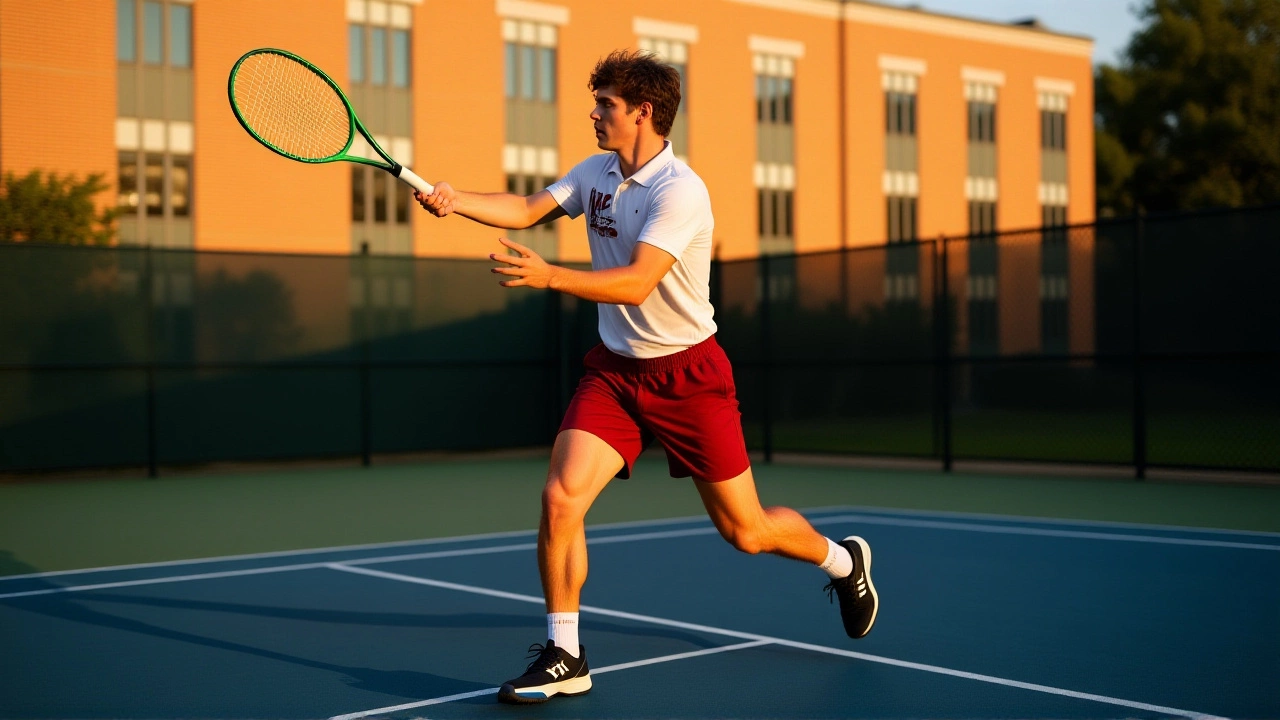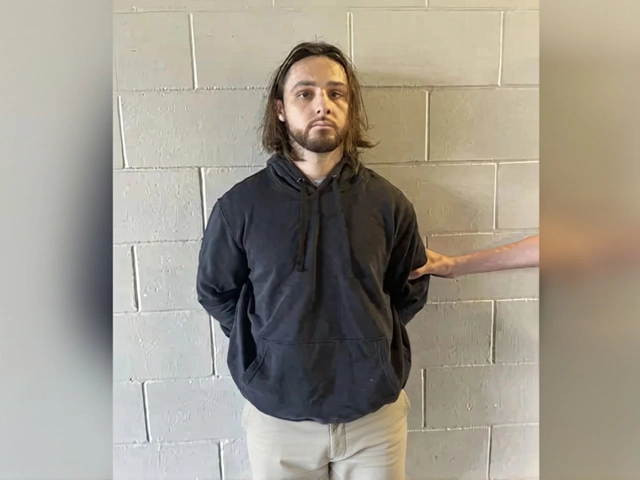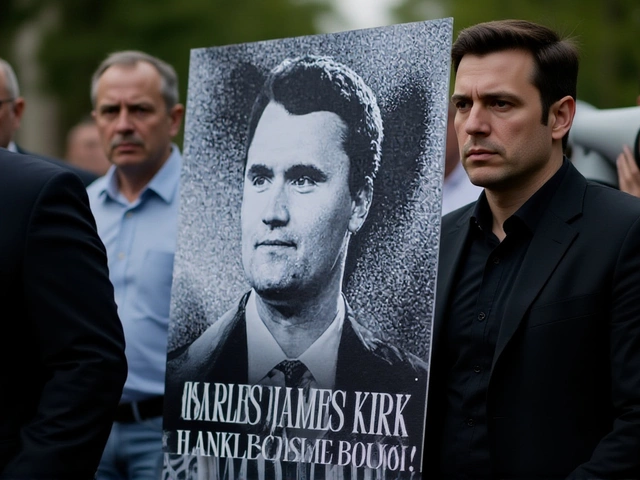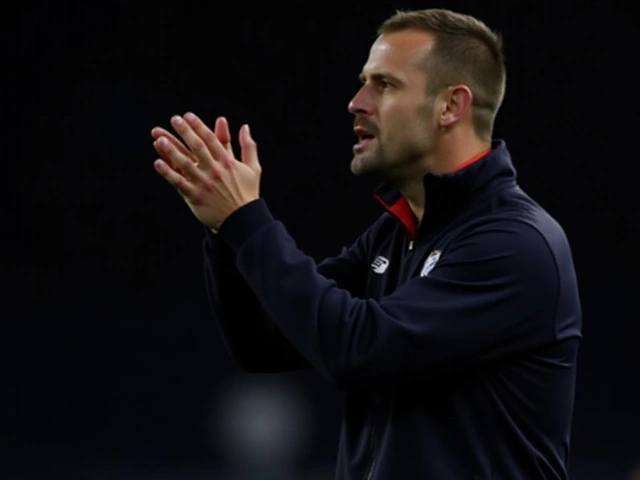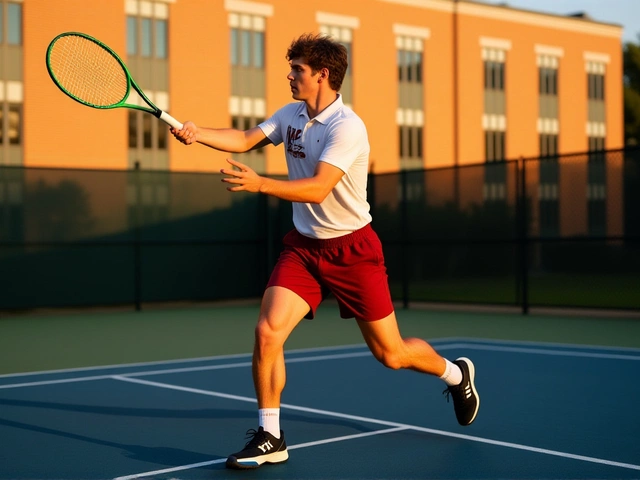The Boston College men’s tennis team wrapped up their 2025 fall campaign on a quiet note at the Pelican Bay Collegiate InvitationalNaples, Florida, facing off against the Florida Gulf Coast University (FGCU) Eagles on November 14–15. No final score was released — not because of secrecy, but because the event was less about results and more about rhythm. For BC, it was the final swing of the racket before winter drills, locker room talks, and the long wait for spring conference play. For FGCU, it was another step in a grueling Florida circuit that began in Bonita Springs just a week earlier.
A Season Built on Quiet Progress
Boston College’s 2025 spring season ended with a 3-7 overall record and a winless 0-6 mark in the Atlantic Coast Conference — a tough reality that echoed through their Weymouth, Massachusetts facility. Their 5-2 loss to Virginia Tech in March wasn’t an anomaly; it was a pattern. But fall tournaments like the Pelican Bay Invitational aren’t about wins and losses. They’re about finding the next player who can hold a baseline rally under pressure, or the freshman who finally connects on that backhand down the line. Coaches don’t announce these breakthroughs. They just notice them — in the way a player stays late to drill volleys, or how a doubles pair starts anticipating each other’s moves without speaking.
Meanwhile, FGCU, a member of the ASUN Conference, carried momentum from a dramatic 4-3 win over the University of North Florida back in April — a match sealed by Johnathan Baron’s tiebreaker clincher. That kind of grit doesn’t vanish after one season. It lingers. It shows up in the way a team travels from Bonita Bay to Naples in the same week, playing two tournaments back-to-back with no time to recover. That’s not luck. That’s discipline.
The Florida Fall Circuit: A Crucible for College Tennis
It’s no accident that fall collegiate tennis in 2025 centered on Florida. The weather’s perfect. The courts are open. And the tournaments — Bonita Bay, Pelican Bay, the Bedford Cup in Tallahassee, the ITA Southeast Regional in Gainesville — form a gauntlet. Teams from the ACC, ASUN, SEC, and beyond converge here not to prove they’re the best, but to prove they’re ready to improve. No one’s keeping official standings. No TV cameras. Just coaches with clipboards, parents in folding chairs, and players sweating through six-hour days on hard courts that bake under a November sun.
FGCU’s schedule tells the story: a September trip to Tallahassee, October’s regional qualifier in Gainesville, then back-to-back November events. It’s a grind. And yet, they showed up. Boston College, flying in from the Northeast, did too. That’s the unspoken bond of college tennis — the quiet understanding that this sport doesn’t get the spotlight, but it demands the most.

Who’s Playing? The Unknowns Behind the Rackets
Tennis Recruiting Network lists names like Nicolas de Quesada from Tampa, Patrick Wyeth from Harwich, Massachusetts, and Max MacKinnon — players who could’ve been on the court in Naples. But without official lineups, we don’t know who stepped up. Did a freshman from Boston College’s 2025 recruiting class finally break through? Did an FGCU senior, overlooked in spring, dominate doubles? Those stories won’t make headlines. But they’ll shape next spring’s roster.
Both programs have home courts — FGCU’s sleek facility in Fort Myers, BC’s modest but well-maintained setup in Weymouth — but fall tournaments like this one are where the real testing happens. No home crowd. No familiar courts. Just you, your partner, and a ball that bounces differently on Florida’s sun-baked clay.
What Comes Next? The Long Road to Spring
Now, the teams shift gears. Winter training begins: strength work, film sessions, mental drills. For FGCU, the next official match isn’t until March 27, 2026, when they host UNF at their Fort Myers complex. For Boston College, the ACC slate starts in February, likely against powerhouses like NC State or Miami. The Pelican Bay Invitational wasn’t a finale — it was a transition. A breath between seasons.
And that’s the truth about fall tennis: it’s not glamorous. But it’s essential. Without these two days in Naples, without the 10 a.m. matches and the 6 p.m. bus rides back to hotels, spring wouldn’t happen. Not the way it should.
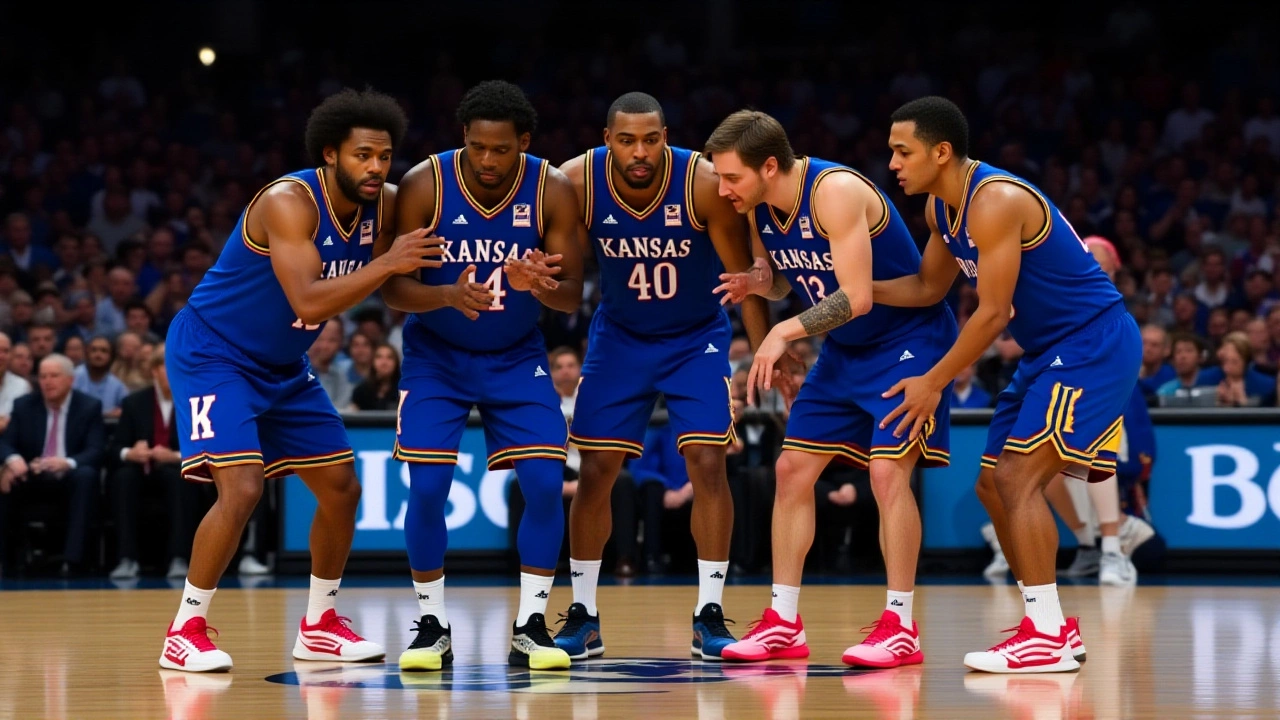
Behind the Scenes: The Unseen Work
Coaches don’t post match results on social media after events like this. They post training clips. They tag recruits. They send emails to parents saying, “He’s getting there.” That’s the real scoreboard. The win-loss record? It’s just noise. What matters is the kid from Massachusetts who finally stopped double-faulting under pressure. The sophomore who learned to read a serve. The team that showed up, tired and travel-weary, and still played hard.
That’s what happened in Naples. Quietly. Without fanfare. But it mattered.
Frequently Asked Questions
Why weren’t the match results from the Pelican Bay Invitational published?
Fall collegiate tennis tournaments like the Pelican Bay Invitational are primarily developmental, not competitive in the traditional sense. Results are often not officially recorded or published unless they involve ITA ranking points or conference qualifiers. Coaches use these events to evaluate players, test new lineups, and build team chemistry — not to chase standings. The focus is on progress, not points.
How does the Pelican Bay Invitational fit into the broader college tennis calendar?
The Pelican Bay Invitational is one of several neutral-site fall tournaments that serve as the final prep before winter training. It follows events like the ITA Southeast Regional and the Bedford Cup, and precedes the spring conference season. For teams like Boston College and FGCU, it’s a chance to compete outside their conference schedules, gain match experience on different surfaces, and identify depth in their rosters before the more structured, high-stakes matches begin in February.
Why do so many college tennis teams compete in Florida during the fall?
Florida offers ideal weather conditions — warm, dry, and consistent — making it the only region in the U.S. where outdoor tennis can be played reliably from September through November. The state hosts multiple high-quality facilities and tournaments, attracting teams from the Northeast and Midwest who need to train in realistic conditions before their colder-spring home courts become playable. The concentration of events creates a competitive ecosystem unmatched elsewhere.
What’s the significance of FGCU’s 4-3 win over UNF in April 2025?
That match, clinched by Johnathan Baron in a tiebreaker, showed FGCU’s ability to win tight, high-pressure contests — a trait that often separates mid-tier programs from conference contenders. It wasn’t just a win; it was proof of mental toughness. Teams that can close out 4-3 matches tend to perform better in spring conference play, where every point counts. That win likely boosted confidence heading into the fall, helping FGCU approach events like Pelican Bay with resilience.
How does Boston College’s 0-6 ACC record in spring 2025 affect their fall strategy?
That winless conference record forced Boston College’s coaching staff to rebuild from the ground up. Fall tournaments became less about competing for rankings and more about identifying under-the-radar talent — freshmen who could step into top spots, or returning players who needed to improve their consistency. The Pelican Bay Invitational was a low-pressure testing ground to see who could handle the mental load of being a starter in a high-stakes conference like the ACC.
What’s next for FGCU and Boston College after the fall season?
Both teams will enter winter training with an emphasis on strength, serve accuracy, and doubles chemistry. FGCU’s next official match is March 27, 2026, against UNF at home, while Boston College opens its ACC season in February, likely against Miami or NC State. The real test begins then — but the foundation was laid in Naples, on a quiet November weekend, where wins weren’t counted, but growth was.
